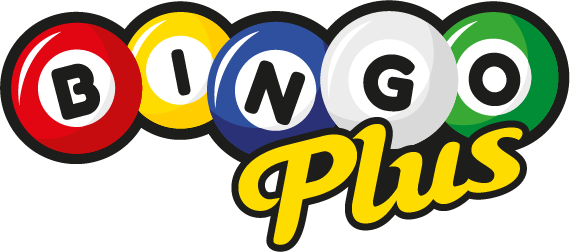In recent years, online gaming has transitioned from being merely a pastime for many to a dynamic platform for education and learning. As technology continues to evolve, so does our understanding of the multifaceted benefits that gaming can offer beyond entertainment. The intersection of gaming and education has become increasingly significant, leading educators, researchers, and parents alike to explore the potential of online gaming as a tool for enhancing learning outcomes.
Engaging Learning Environments
One of the most notable advantages of online gaming is its ability to create engaging and immersive learning environments. Traditional educational methods often struggle to capture students’ attention, particularly in an era dominated by fast-paced digital media. Games, with their interactive elements and captivating narratives, can mitigate this issue by providing a stimulating backdrop for learning.
Games often incorporate important pedagogical principles, such as goal-setting, feedback, and rewarding progress, all of which can enhance motivation and engagement. Students are more likely to remain focused and invested in their learning when they can see tangible rewards for their efforts, a principle that gaming capitalizes on through levels, achievements, and unlockable content.
Development of Critical Skills
Online games are not just about combat or competition; they often require players to think critically, solve problems, and utilize strategic planning. Many games involve puzzles, resource management, or complex scenarios requiring players to collaborate, adapt, and make decisions based on changing circumstances.
For instance, strategy games encourage players to analyze situations, weigh options, and anticipate outcomes—skills that are transferable to real-world problems. Moreover, online multiplayer games foster teamwork and communication, teaching players how to work collaboratively with peers to achieve common goals.
Enhancing Digital Literacy
In an increasingly digital world, cultivating digital literacy is essential. Online gaming exposes players to various technology platforms, enhancing their familiarity with digital tools and online interactions. Through gameplay, students learn to navigate complex interfaces, troubleshoot issues, and use communication tools—skills fundamental in both academic and professional realms.
Furthermore, many games incorporate coding elements or allow players to create their own content, providing early exposure to programming concepts and critical thinking. As the landscape of job markets continues to change, these skills are becoming more valuable than ever.
Promoting STEM Learning
The rise of games centered around science, technology, engineering, and mathematics (STEM) has become a beacon of hope for educators seeking to inspire students in these fields. Games that challenge players to build structures, conduct experiments, or solve mathematical puzzles can demystify complicated concepts and ignite a passion for learning.
For example, games like “Kerbal Space Program” teach users about aerospace engineering and physics through trial and error, while “Minecraft: Education Edition” encourages creativity and collaboration in building structures and ecosystems, seamlessly integrating STEM education into fun gameplay.
Real-World Application and Simulations
Many online games serve as simulations that allow players to experiment with real-world scenarios without the risk of real-world consequences. These simulations can span various domains—from virtual business management to historical reenactments—where players can learn from their decisions in a safe environment.
For example, games like “SimCity” can help players understand urban planning and resource management, while “Civilization” teaches about history, governance, and geographical concepts. Such games enable learners to see the implications of their decisions, reinforcing learning through experience and reflection.
Bridging Learning Gaps
Online gaming can also serve as a bridge for students who may struggle with traditional learning methods. Educators have begun to recognize that diverse learning styles and abilities can be accommodated through gaming. Games can provide alternative routes for understanding content and can be particularly beneficial for students who might be disengaged or unmotivated in conventional classroom settings.
Moreover, games can be tailored to cater to individual learning paces, allowing students to progress through educational materials at their own speed, enhancing their confidence and mastery of subjects.
Conclusion
As the boundary between entertainment and education continues to blur, the potential of online gaming as an educational tool cannot be overlooked. With its ability to engage students, develop critical skills, enhance digital literacy, promote STEM learning, simulate real-world applications, and bridge learning gaps, online gaming is carving out a new niche in the educational landscape.
As we move forward, it is essential for educators, policymakers, and parents to support the integration of games in learning environments thoughtfully and intentionally. By embracing the educational advantages of online gaming, we can create a more engaging and effective educational experience that prepares students for the complexities of the modern world. In this digital age, learning may indeed be as exciting as a game.




